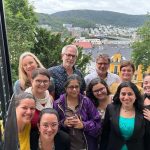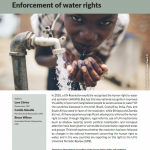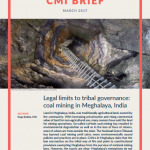Welcome to Bergen Exchanges on Law and Social Transformation from 21-25 August 2017! Here we will give you a little information about Bergen and how to get to the conference.
Facts about Bergen:
Bergen is located on the west coast of Norway, and known as ”the City of the Seven Mountains”. As of 2014 population was 277,600 – making it, after the capital Oslo, the second-most populous city in Norway. The Greater Bergen Region population is 411,900. Bergen is an international centre for aquaculture, shipping, offshore petroleum industry and subsea technology, and a national centre for higher education, tourism and finance.
Nice things to do why you stay here: take the funicular or walk up mount Fløyen or visit the old quais of Bryggen (World Heritage Site). For other activities to do in Bergen or close to Bergen, please see www.visitbergen.no
How to get from the Airport to the city centre:
At the airport you will find the Airport Bus waiting for you outside the arrival area. Flesland airport is located about 15 kilometres south of Bergen and the journey takes about 30 minutes.
Weekdays the bus runs every 15 minutes from the centre between 06.15-20.30. On Saturdays the bus departure every 20 minutes and on Sundays every 15 minutes.
All stops are announced. The stop closest to your hotel is Festplassen (see map).
It is also possible to take the Bergen light rail. This takes 45 minutes. The closest stop to your hotel would then be Byparken. Timetables can be found here.
How to get to the Hotel Scandic Byparken:
Adress: Christiesgate 5-7, 5808 Bergen.
To get from Festplassen where the airport shuttle stops, and to Scandic Hotel, walk upwards Christes gate and you will find the hotel on your right side.
How to get to Bergen Rescource Centre for International Development:
There are several ways to get to the Resource Centre form the city centre or the hotel, please see the map. The Resource Centre is located in the first floor in Chr. Michelsens Institute, Jekteviksbakken 31.
Most of the sessions will be held here. The main doors are located in Jekteviksbakken, and they are open for everyone on weekdays between 09.00 and 15.00.
How to get from Scandic Byparken Hotel to the Airport bus:
At the entrance of the Scandic Byparken hotel, walk left along Vaskerelven street. Turn right on Olav Kyrresgate (the next bloc). You will find the bus stop a hundred meters down the road, outside “Los Tacos”.
More information on the airport bus can be found here: http://www.flybussen.no/en
If you wish to take the Bergen light rail, the nearest stop to Scandic Byparken hotel is Byparken. Timetables can be found here.
Please use the interactive Google Maps to find your way to and from the location:
Contacts:
Siri Gloppen: +47 47938051 / +47 91820532, Siri.gloppen@cmi.no
Ingvild A. Skage: +47 97155788, Ingvild.Skage@uib.no




